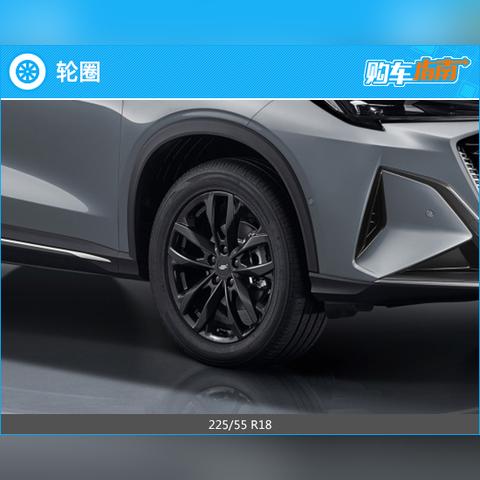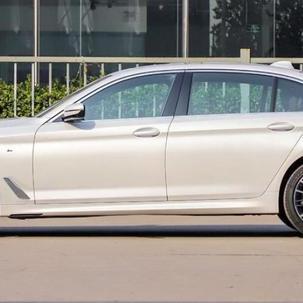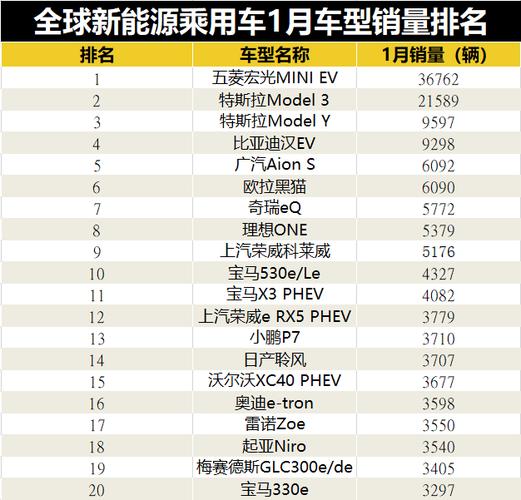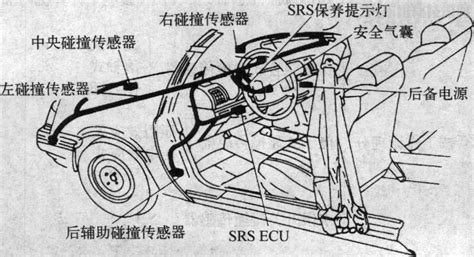310w汽车顶灯拆卸图解视频
Sustainability:
3.
Total Cost of Ownership:
Despite potentially higher upfront costs, electric vehicles often offer lower operating and maintenance expenses compared to internal combustion engine vehicles. Factor in potential savings on fuel, maintenance, and tax incentives when evaluating the total cost of ownership.Efficiency:
Additionally, electric vehicles often feature regenerative braking systems, which capture kinetic energy during deceleration and braking, converting it back into electrical energy to recharge the battery. This regenerative braking capability not only enhances efficiency but also improves overall driving experience by providing smoother braking and reducing wear on mechanical brake components.
In conclusion, the 310W car represents a paradigm shift towards efficient, highperformance, and sustainable transportation solutions. Its modest power output belies its potential for transforming urban mobility and reducing environmental impact. By embracing electric vehicles like the 310W car, we pave the way towards a greener and more sustainable future for generations to come.
Despite its modest power output, the 310W car can still deliver impressive performance, especially in urban environments. Electric motors offer instant torque delivery, providing brisk acceleration from a standstill. This characteristic makes EVs inherently responsive and agile in city driving conditions, where quick acceleration and deceleration are common.
For consumers considering the purchase of a 310W car or any electric vehicle, several factors should be taken into account:
2.
Charging Infrastructure:
Evaluate the availability of charging stations in your area and along frequently traveled routes. Consider installing a home charging station for added convenience and peace of mind.[End of Content]
Sustainability lies at the core of the 310W car's design philosophy. As an electric vehicle, it produces zero tailpipe emissions during operation, significantly reducing air pollution and greenhouse gas emissions compared to conventional gasolinepowered cars. This attribute aligns with global efforts to mitigate climate change and reduce dependence on fossil fuels.
While the 310W car may not rival highperformance sports cars in terms of top speed or acceleration, its agility and responsiveness make it wellsuited for navigating congested urban streets with ease.
This HTML document provides a comprehensive exploration of the 310W car, highlighting its efficiency, performance, sustainability, and offering guidance for potential consumers.
Furthermore, the sustainability of electric vehicles extends beyond their zeroemission operation. The environmental impact of EVs also depends on factors such as manufacturing processes, battery production, and endoflife recycling. Manufacturers are continually improving these aspects to minimize the overall ecological footprint of electric vehicles throughout their lifecycle.
In the realm of automotive engineering, the 310W car stands out as an intriguing concept, blending efficiency, performance, and sustainability. Let's delve into its key aspects and the implications it holds for the automotive industry.
Performance:
4.
Environmental Impact:
Recognize the environmental benefits of electric vehicles and their role in reducing carbon emissions. By choosing a 310W car or similar electric vehicle, you contribute to a cleaner, more sustainable transportation ecosystem.Efficiency in electric vehicles encompasses various facets beyond power output. Factors such as aerodynamics, drivetrain efficiency, and battery management significantly impact overall energy utilization. Engineers strive to maximize efficiency to extend range and reduce environmental impact. The 310W car likely incorporates advanced aerodynamic design and lightweight materials to enhance efficiency further.
Guidance and Recommendations:
The 310W car likely incorporates ecofriendly materials and production methods, along with a focus on recyclability and reuse of components. By prioritizing sustainability, the 310W car sets a benchmark for environmentally conscious transportation solutions in the automotive industry.
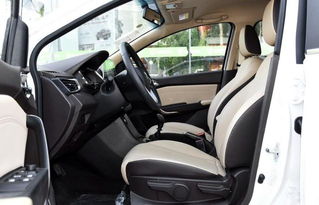
1.
Range Requirements:
Assess your daily driving needs and ensure that the vehicle's range meets your expectations. While the 310W car may be suitable for short commutes and urban driving, longer trips may require access to charging infrastructure along the route.Title: Exploring the 310W Car: Efficiency, Performance, and Sustainability
The "310W" designation suggests a power output of 310 watts, which in the context of automotive terminology, likely refers to electric vehicles (EVs). EVs are renowned for their efficiency compared to traditional internal combustion engine vehicles. A 310W electric car indicates a modest power output, suitable for urban commuting or short trips. This power rating aligns with the trend towards smaller, more efficient electric motors optimized for everyday use.

